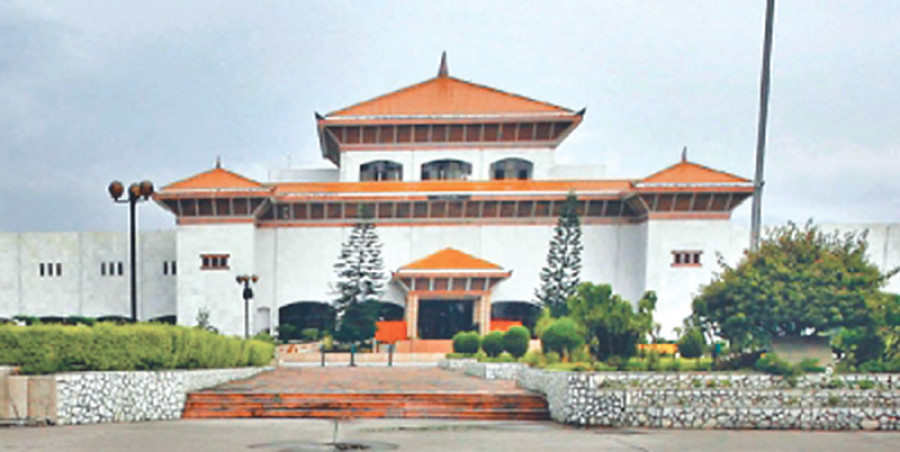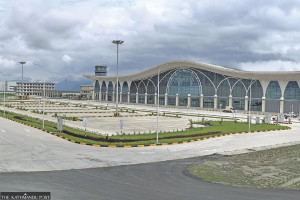Money
Govt re-tables three budget-related bills
The three budget-related bills, which were earlier rejected by a majority of lawmakers, have once again been tabled in the Parliament to facilitate full implementation of the budget for this fiscal year.
The three budget-related bills, which were earlier rejected by a majority of lawmakers, have once again been tabled in the Parliament to facilitate full implementation of the budget for this fiscal year.
The government on Thursday tabled Financial Bill, Bill to Raise Public Debt and Loan and Guarantee Bill, which were rejected by parliamentarians of Nepali Congress and Communist Party of Nepal (Maoist Centre), without making any change to the content, a senior official of the Ministry of Finance told the Post. The bills are likely to be endorsed by the House on Friday.
These three bills were earlier tabled by the previous government led by KP Sharma Oli. Those bills, however, were rejected on July 22 right before prime minister-hopeful of that time, Pushpa Kamal Dahal, tabled a no confidence motion against then Prime Minister Oli.
As per the Legislature-Parliament Regulation, rejected bills cannot be tabled for the second time in the same session of the Parliament. This had created a hurdle for the incumbent government led by Dahal to table the bills, because the same session of House has been continuing since the bills were first rejected.
To remove this hurdle, the government on Thursday proposed suspension of rule numbers 114 (1), 119, 120, 127 (1), 142 and 152 (1) from the Regulation.
The proposal to suspend the rules was tabled by Tek Bahadur Basnet, chief whip of CPN (Maoist Centre), and was supported by Nepali Congress Chief Whip Chin Kaji Shrestha and Parashu Ram Tamang, whip of Rastriya Prajatantra Party.
Although Communist Party of Nepal-Unified Marxist Leninist was against the move to suspend the rules, the proposal was endorsed by a majority of parliamentarians. The endorsement of the proposal had formally paved the way for the government to re-table three rejected bills on Thursday.
After presenting a budget of Rs 1,048.9 billion on May 28, the government had forwarded four Bills-Appropriation Bill, Financial Bill, Bill to Raise Public Debt and Loan and Guarantee Bill-to Parliament to facilitate budget implementation. Of these Bills, only Appropriation Bill was approved by Parliament when Oli-led government was in power. This bill was later signed into law.
Appropriation Bill is considered as the main budget document, which allows the government to implement budgetary programmes and utilise funds as per allocations made by the budget document. Because of approval of this bill, the government was not worried about rejection of three other bills.
Of the three rejected bills, Financial Bill allows the government to collect taxes-the main source from which the government generates revenue to finance
programmes laid in the Appropriation Act.
The Loan and Guarantee Bill, on the other hand, allows the government to borrow funds from foreign financial institutions, including the World Bank, the Asian Development Bank. This Bill has proposed that the government’s foreign debt ceiling be raised to
Rs 700 billion from existing Rs 500 billion.
The Bill to Raise Public Debt, meanwhile, allows the government to obtain loans from inside the country. The government plans to raise Rs 111 billion in loans from the domestic market in the current fiscal year.




 15.12°C Kathmandu
15.12°C Kathmandu














